Best Companion Plants For Melons That Will Help You Grow A
Best Companion Plants for Melons That Will Help You Grow a Sweet and Juicy Harvest
Melons are a delicious and refreshing summer treat, but they can be tricky to grow. One way to improve your chances of success is to plant companion plants. Companion planting is the practice of planting certain types of plants together in order to benefit each other. There are many different companion plants that can be beneficial for melons, but some of the best include:
- Beans and peas: These nitrogen-fixing plants can help to improve the soil quality for melons. They can also help to suppress weeds and attract beneficial insects.
- Carrots: Carrots release a scent that repels pests that can damage melons, such as cucumber beetles and squash bugs. They also help to improve the drainage of the soil, which can help to prevent melons from developing root rot.
- Cilantro: Cilantro is a fragrant herb that can help to repel pests such as aphids and whiteflies. It can also help to attract pollinators, which are essential for melon pollination.
- Dill: Dill is another fragrant herb that can help to repel pests. It can also help to improve the flavor of melons.
- Garlic: Garlic is a strong-scented herb that can help to repel a variety of pests, including cucumber beetles, squash bugs, and spider mites.
- Lettuce: Lettuce is a fast-growing leafy green that can be planted in between melon vines. It helps to suppress weeds and also provides shade for the melons during hot weather.
- Marigolds: Marigolds are not only beautiful flowers, but they also have insect-repelling properties. They can help to keep away pests such as aphids, whiteflies, and nematodes.
- Nasturtiums: Nasturtiums are another type of flowering plant that can help to repel pests. They are also edible and can be used in salads or sandwiches.
- Onions: Onions have a strong smell that can help to repel pests such as aphids, whiteflies, and carrot flies. They can also help to improve the flavor of melons.
- Peas: Like beans, peas are nitrogen-fixing plants that can help to improve the soil quality for melons. They can also help to suppress weeds and attract beneficial insects.
- Spinach: Spinach is a fast-growing leafy green that can be planted in between melon vines. It helps to suppress weeds and also provides shade for the melons during hot weather.
- Sunflowers: Sunflowers are tall plants that can provide shade for melon vines. They can also help to attract pollinators.
When choosing companion plants for melons, it is important to consider the size and growth habit of the plants. Melon vines can grow quite large, so it is important to choose companion plants that will not compete for space. It is also important to consider the climate in which you live. Some companion plants, such as beans and peas, are not cold-hardy and may not survive in cooler climates.
If you are new to companion planting, it is a good idea to start small and experiment with a few different plants. You can also consult with a local gardening expert for more advice. With a little planning, you can create a melon patch that is both productive and pest-free.
FAQ of best companion plants for melons
What are the best companion plants for melons?
Some of the best companion plants for melons include:
- Beans: Beans are nitrogen-fixing plants, which means they can help to improve the soil quality for melons. They also help to suppress weeds.
-(2).jpg)
- Carrots: Carrots help to repel pests such as carrot fly and nematodes, which can be harmful to melons.
- Cucumbers: Cucumbers and melons have similar growing requirements, so they can be planted together. They also help to attract pollinators.
- Herbs: Herbs such as basil, mint, and rosemary can help to repel pests and attract pollinators. They can also add flavor to melons.

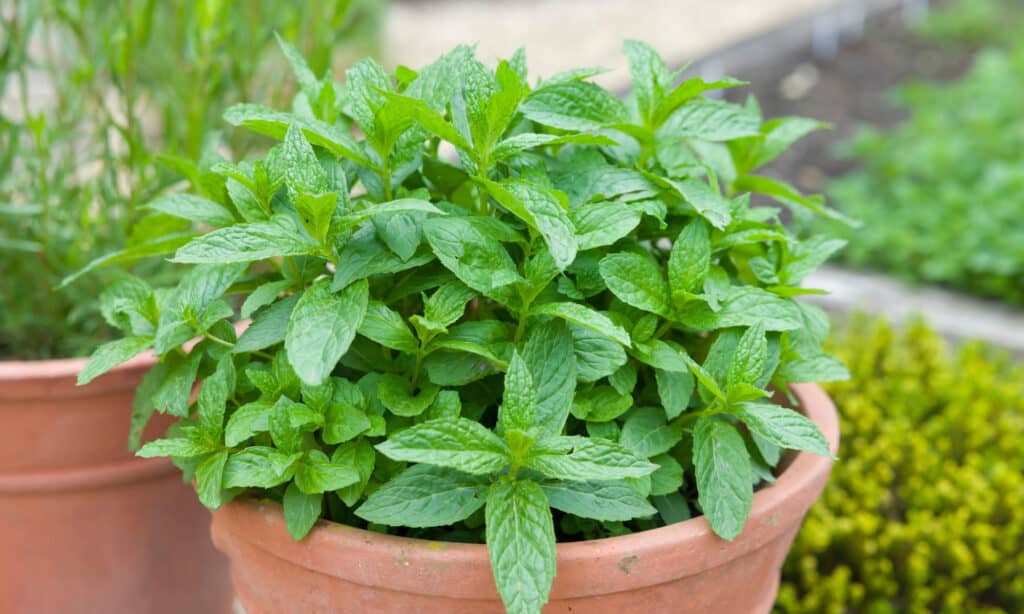

- Lettuce: Lettuce is a fast-growing crop that can be harvested before melons need a lot of space. It also helps to suppress weeds.
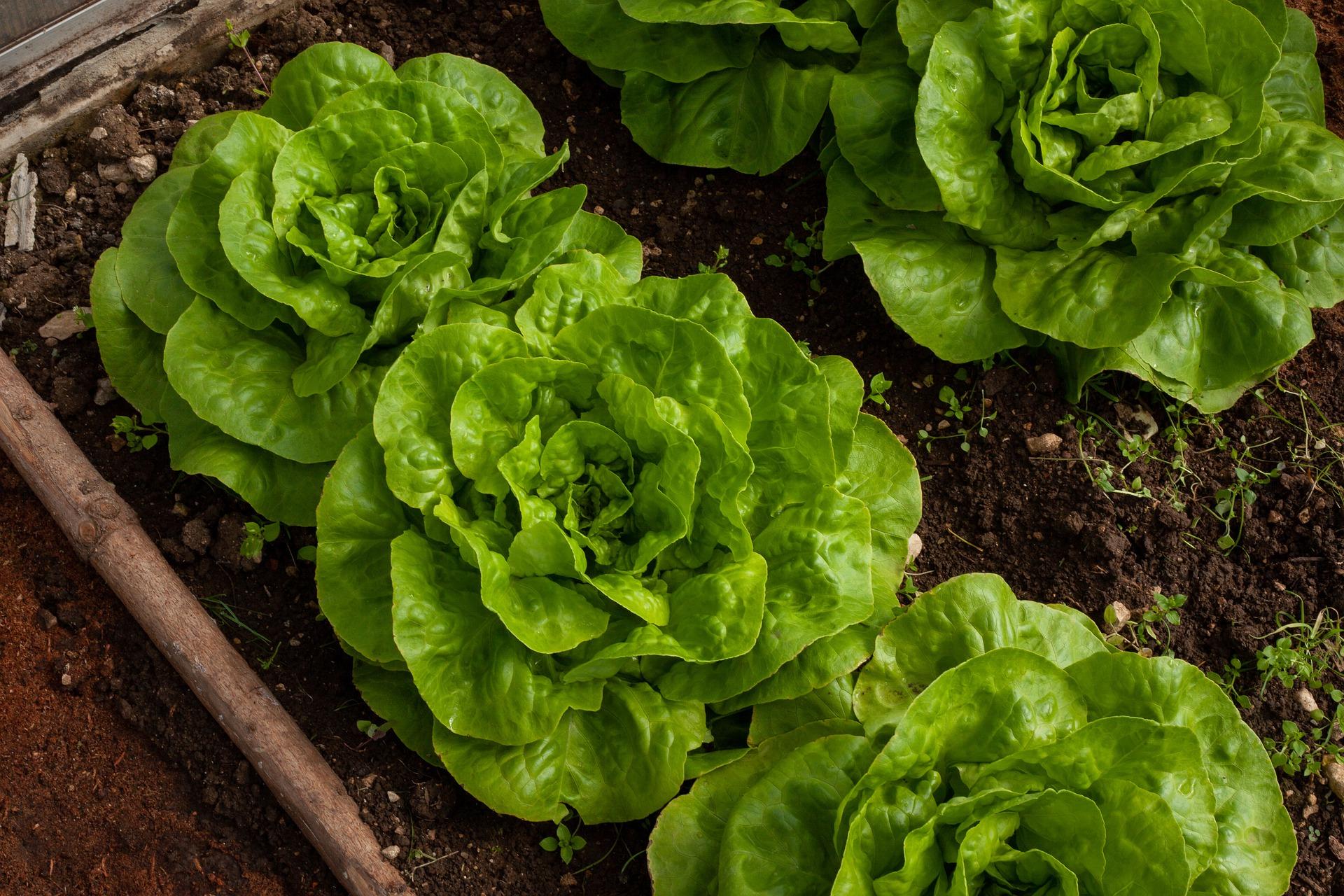
What plants should I avoid planting near melons?
Some plants that you should avoid planting near melons include:
- Potatoes: Potatoes and melons share similar pests and diseases, so planting them together can increase the risk of infection.

- Squash: Squash and melons are both members of the cucurbit family, and they can cross-pollinate. This can lead to fruits that are misshapen or have poor flavor.
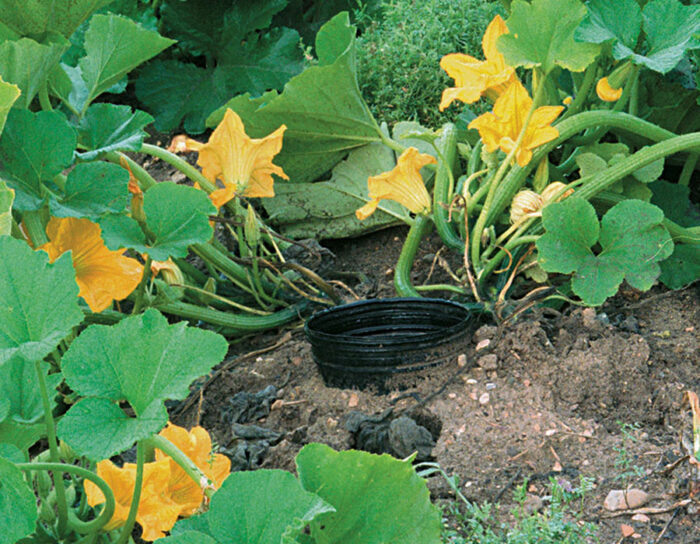
- Tomatoes: Tomatoes and melons have different water and nutrient requirements, so planting them together can lead to problems with both plants.
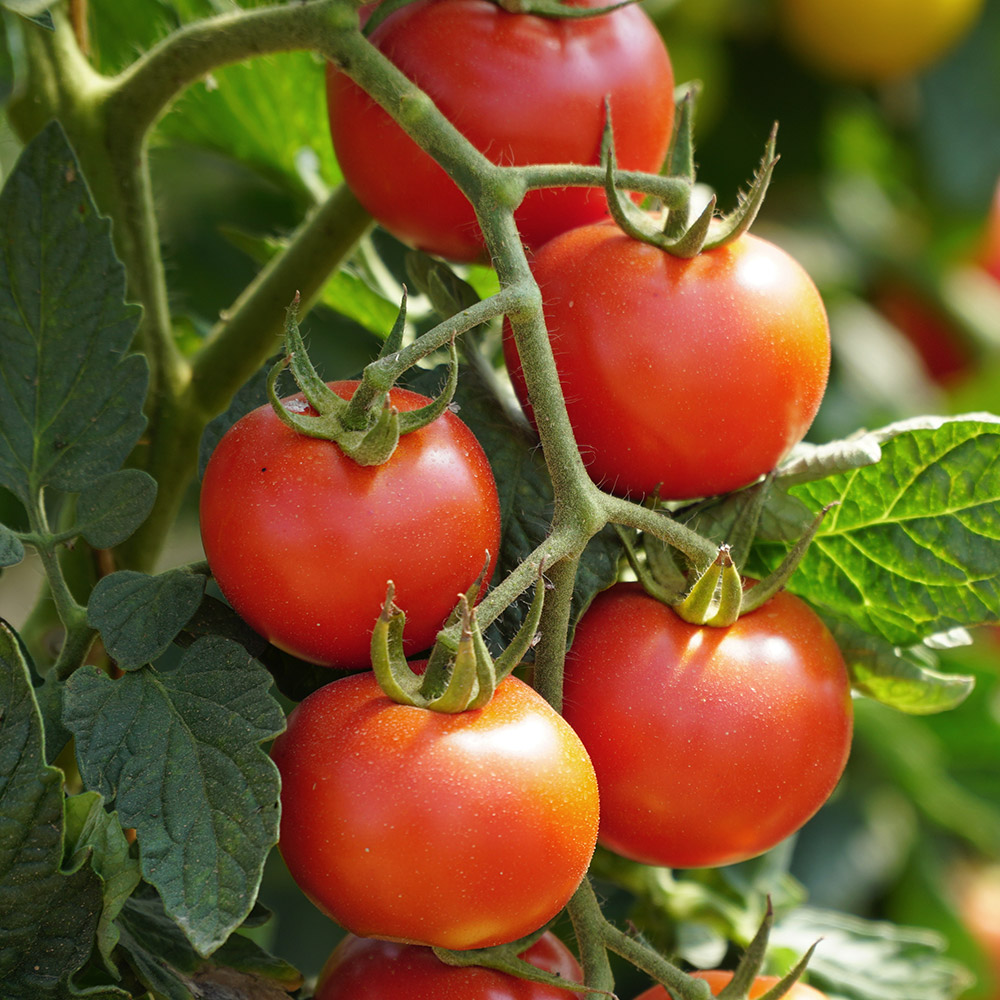
How do companion plants benefit melons?
Companion plants can benefit melons in a number of ways, including:
- Attracting pollinators: Some companion plants, such as flowers, can attract pollinators, which are essential for melon pollination.
- Reducing pests and diseases: Some companion plants, such as herbs, can help to repel pests and diseases that can harm melons.
- Improving soil quality: Some companion plants, such as beans, are nitrogen-fixing plants, which means they can help to improve the soil quality for melons.
- Suppressing weeds: Some companion plants, such as lettuce, can help to suppress weeds, which can compete with melons for water and nutrients.
How far apart should I plant melons?
The spacing requirements for melons vary depending on the variety. However, most melons need to be spaced at least 3 feet apart. This will give them enough room to grow and spread their vines.
Image of best companion plants for melons
5 different images of best companion plants for melons from Pinterest:
- Marigolds: Marigolds are known for their insect-repelling properties, which can help to protect melons from pests such as cucumber beetles and squash bugs. They also add a splash of color to the garden.
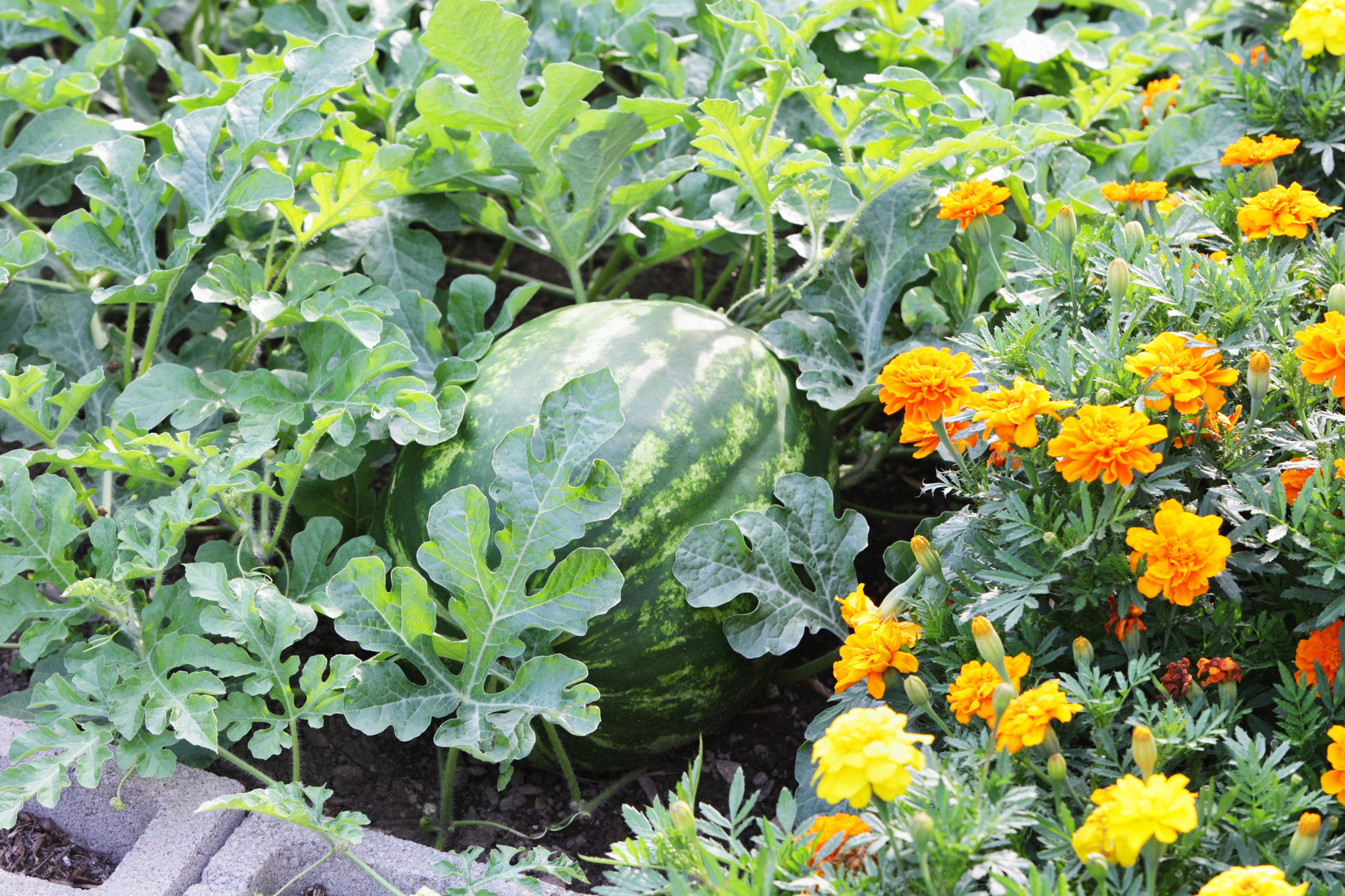
- Cabbage: Cabbage is a good companion plant for melons because it helps to deter pests such as cabbage worms and loopers. It also helps to suppress weeds.

- Broccoli: Broccoli is another good companion plant for melons. It helps to deter pests such as cabbage worms and loopers, and it also helps to suppress weeds.
- Spinach: Spinach is a good companion plant for melons because it helps to improve the soil quality. It also helps to shade the soil, which can help to keep the melons cool.
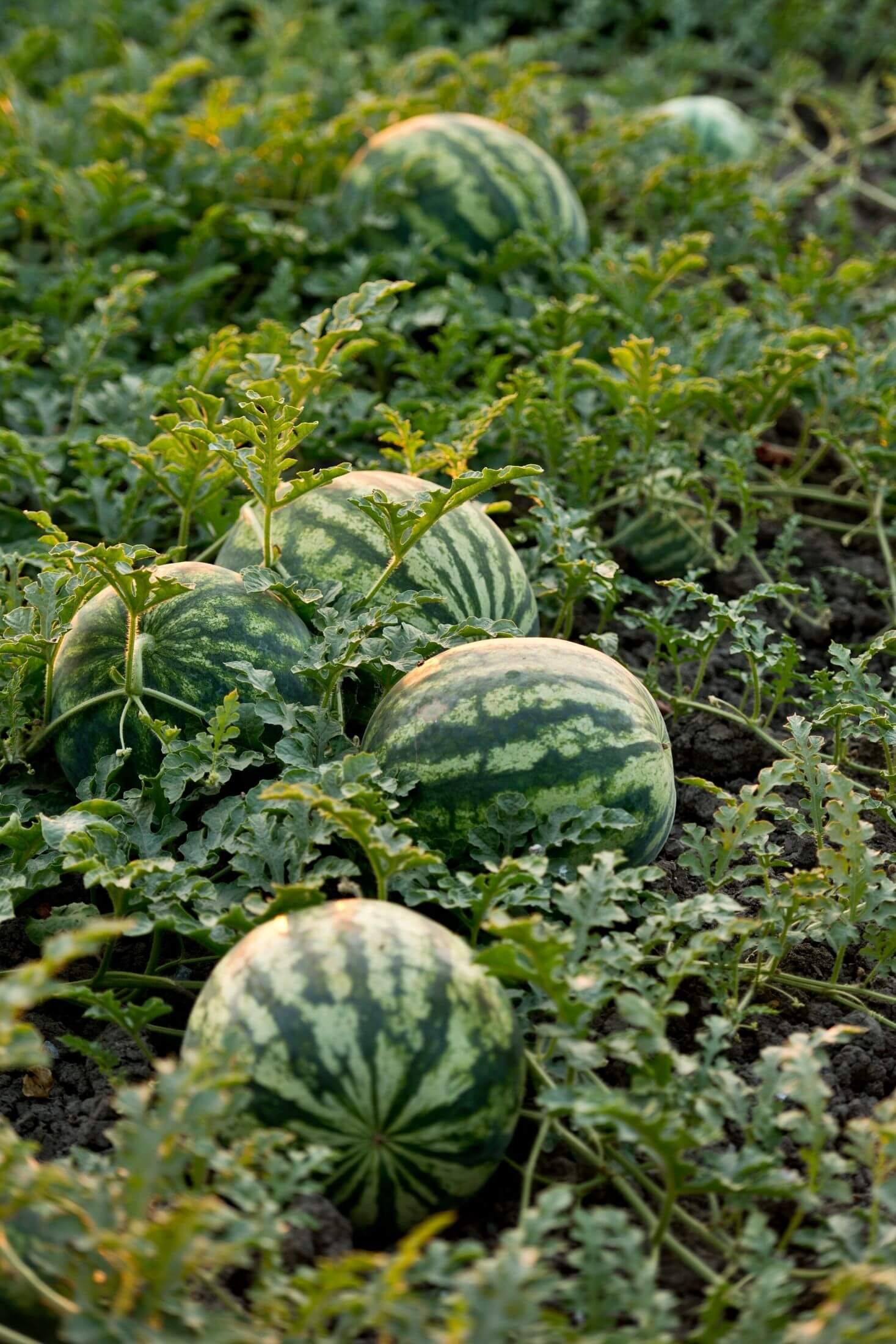
- Lettuce: Lettuce is a good companion plant for melons because it helps to attract beneficial insects, such as ladybugs and lacewings. These insects can help to control pests that may harm the melons.
Post a Comment for " Best Companion Plants For Melons That Will Help You Grow A"